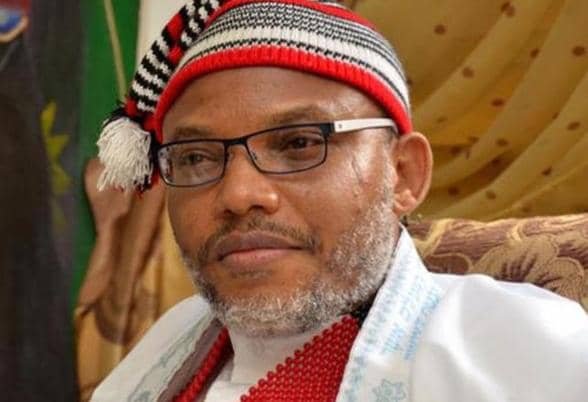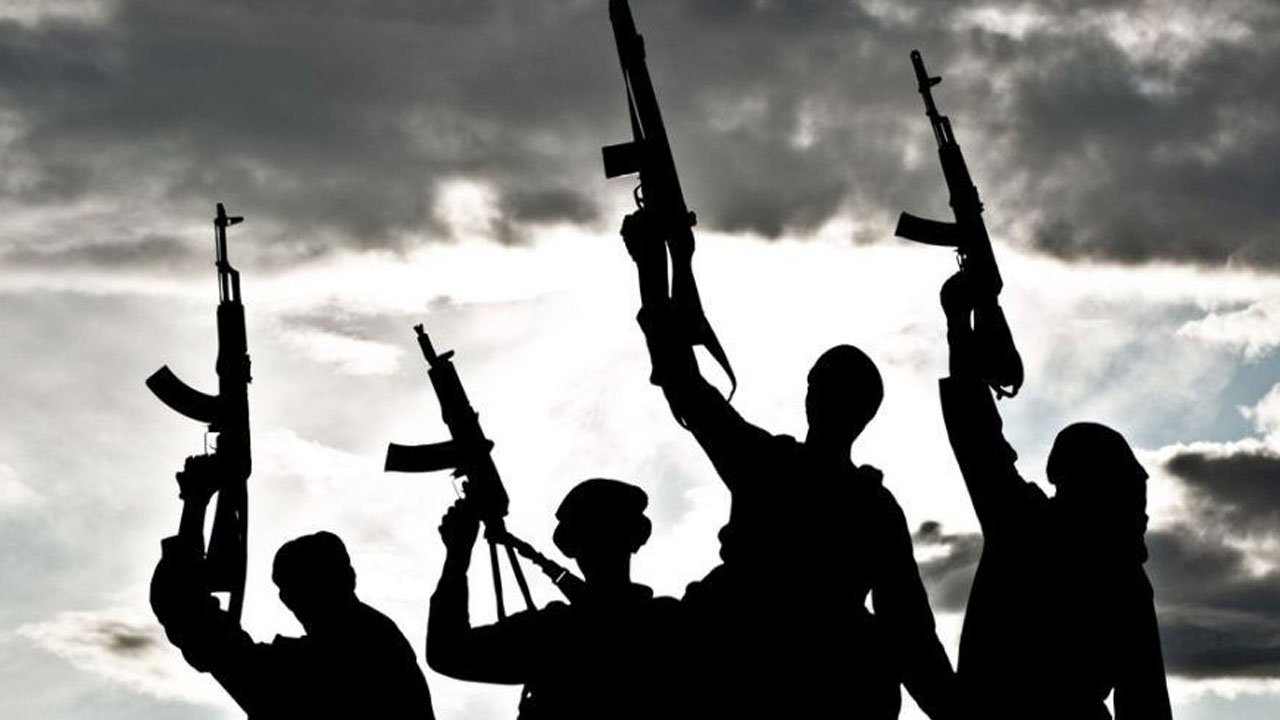In a recent development, Nnamdi Kanu, the leader of the Indigenous People of Biafra (IPOB), has reached out to U.S. President Donald Trump, alleging that Judeo-Christian communities in Nigeria are facing a genocide. Kanu’s letter commends Trump for acknowledging the threats against Christians in Nigeria and urges him to take decisive action.
Kanu argues that violent attacks against Christians and Jewish adherents are part of a broader pattern of violence throughout the country. He cites multiple media reports and publications that document these incidents, claiming they are indicative of a systematic extermination. Moreover, he accuses the Nigerian military and security forces of conducting operations that result in civilian deaths, often framed as counter-terrorism efforts. Kanu asserts that these operations disproportionately target Judeo-Christian communities, raising concerns over state complicity in the violence.
The IPOB leader further highlights the Nigerian government’s failure to act against extremist groups like Boko Haram and Fulani militias, suggesting that their inaction implies complicity. Kanu contrasts this with the severe crackdowns faced by peaceful groups like IPOB, which he claims are unjustly labeled as terrorists.
In his letter, Kanu references various court rulings that have deemed his abduction and detention unlawful, implying that the Nigerian government is disregarding judicial authority. He emphasizes that this disregard reflects a broader pattern of human rights violations.
Kanu also points to reports from international organizations, such as the UN Working Group on Arbitrary Detention, which described his continued imprisonment as “arbitrary” and “politically motivated.” This, he argues, underscores a systematic repression against advocates for Judeo-Christian rights.
Additionally, he places his claims within the historical context of religious violence in Nigeria, particularly the targeting of Christians in the Middle Belt and northern regions. He criticizes the government’s narrative, asserting that it often obscures the victimization of Judeo-Christian populations.
While Kanu’s assertions present a grave picture of the situation for Judeo-Christians in Nigeria, it is essential to recognize that interpretations of these events can greatly vary. There are counter-narratives that challenge the framing of these issues solely through the lens of religious persecution, indicating a complex and multifaceted conflict in the region. As the situation evolves, the call for international attention and intervention continues to grow.






